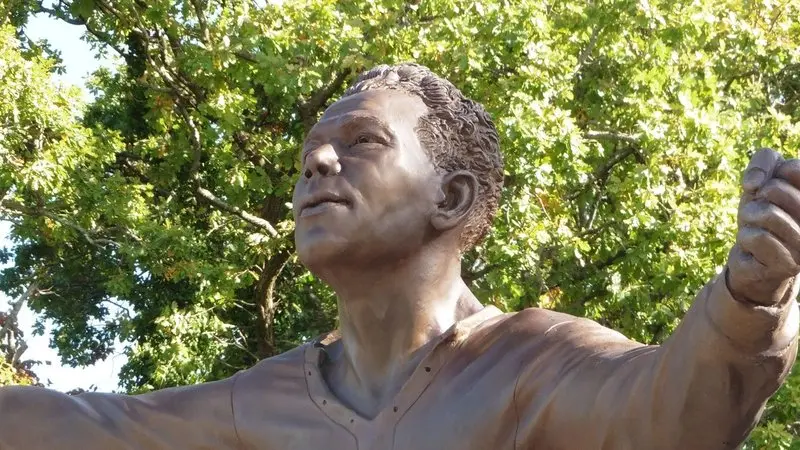University of Exeter staff are taking strike action alongside more than 70,000 lecturers and other academic and support staff at 150 UK universities.
The University and College Union (UCU), which represents higher education workers across the country, says the strike action is the largest in the sector’s history.
Union members voted for industrial action in two national ballots after ongoing disputes over pay, working conditions and pensions failed to produce agreement with employers.
Large majorities of over 80% in both ballots voted in favour of full strikes and taking action short of a full strike.
This includes working strictly to employment contract terms and not undertaking any unpaid work or other activities for employers, a practice which has become commonplace in the sector.
This action began on Wednesday and will continue until further notice, while three days of full strikes began yesterday and continue today and next Wednesday.
 Streatham campus picket line. Photo: Sabina Leonelli.
Streatham campus picket line. Photo: Sabina Leonelli.
The union’s general secretary Jo Grady said: “70,000 university staff have turned out like never before, defying bullying tactics from management to show they will no longer accept falling pay, pension cuts, brutal workloads and gig-economy working conditions.
“If vice-chancellors doubted the determination of university staff to save our sector then today has been a rude awakening for them.”
She added: “We have been overwhelmed by the support of thousands of students who have joined us on the picket lines. They recognise that vice-chancellors are wrecking the sector for staff and students alike and are determined to stand with us and fix it.”
The National Union of Students said: “Staff teaching conditions are students’ learning conditions. The struggles we face as students are inextricably linked to the reasons that staff are striking.
“High rents, astronomical international student fees and cuts to maintenance support have happened for the same reasons that staff are suffering under huge workloads: the failed marketisation of the sector which has put profit above staff and student well-being.”
 Geography PhD researchers on strike. Photo: Saffron O’Neill.
Geography PhD researchers on strike. Photo: Saffron O’Neill.
The UCU is seeking a fair pay deal that acknowledges the cost of living crisis after staff were offered 3% increases this year.
This is less than a third of the UK inflation rate and follows increases that the union says have seen staff pay fall by a quarter since 2009.
It also wants to agree a framework to eliminate insecure employment conditions and excessive workloads as well as gender, ethnic and disability pay disparities.
It says a third of academic staff are on some form of temporary contract, with staff working an average of two days additional unpaid work each week.
 Streatham campus breakfast picket. Photo: UCU South West.
Streatham campus breakfast picket. Photo: UCU South West.
Staff pensions are also at the centre of the dispute. The UCU says cuts imposed this year by sector employer Universities UK will mean members of the Universities Superannuation Scheme (USS) will lose an average of 35% of their future retirement income.
Those at the beginning of their careers face losses of hundreds of thousands of pounds.
A recent USS report showed that were the cuts fully restored the scheme would still be left with a £600 million surplus.
The UCU also says that actuaries advising the University of Cambridge estimate that the restored benefits would require lower scheme contributions than the amounts currently paid by members.
The UCU is seeking a full reversal of the cuts and revaluation of the scheme.
 St Luke’s campus picket line. Photo: Exeter UCU.
St Luke’s campus picket line. Photo: Exeter UCU.
The dispute between higher education workers and their employers over pay, pensions and working conditions has been going on since 2018, with University of Exeter staff taking part in major strikes in 2019 and 2020.
The UCU says the UK university sector generated record income of £41.1 billion last year with vice chancellors collectively earning £45 million.
Steve Smith, then the University of Exeter’s vice chancellor, received the largest ever pay package in the sector in 2020.
His successor Lisa Roberts received £347,000 the following year of which £53,000 was pension contributions paid by the university on her behalf.










